Penn-Plax Cascade 1000 Pet Canister – 157174599
This Penn-Plax Cascade 1000 Pet Canister combines all the best features of the most popular canisters in a sturdy, simple-to-use filter! With this pet food canister, you can store treats, cans, bottles, or anything other pet accessories.
This Penn-Plax Cascade 1000 Pet Canister combines all the best features of the most popular canisters in a sturdy, simple-to-use filter! With this pet food canister, you can store treats, cans, bottles, or anything other pet accessories.
- This Cascade pet canister contains all the best features of most popular canisters for a top quality product
- Sturdy for long-lasting durability
- Simple to use for convenience
- Store food, cans, bottles, leashes, or any other accessory in this pet treat canister
Additional information
| Filter/Media Type | Biological |
|---|---|
| Maximum Aquarium Size | 100 Gal. |
| Product Height | 17 in. |
| Product Length | 10 in. |
| Product Weight | 12 lb. |
| Product Width | 11.5 in. |
| Water Type | Freshwater/saltwater |
| Manufacturer Part Number | CCF3UL |

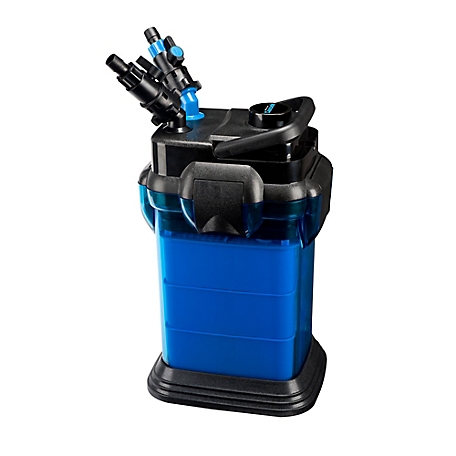
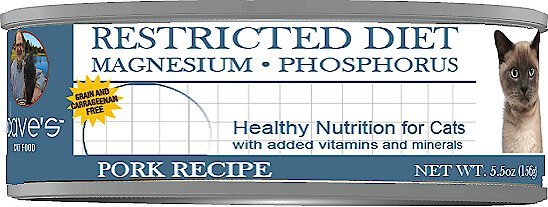
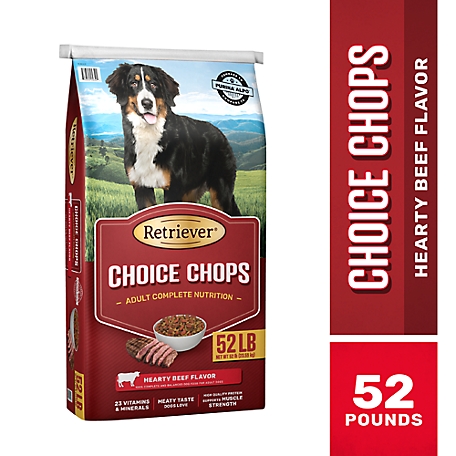
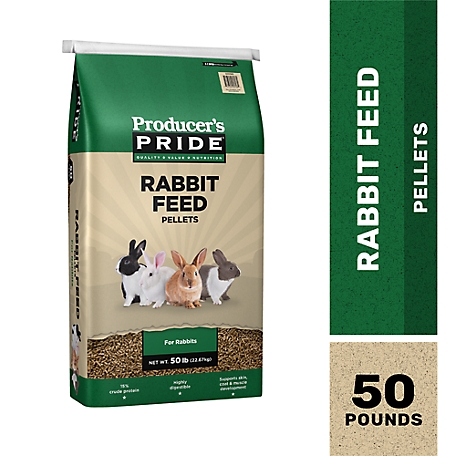
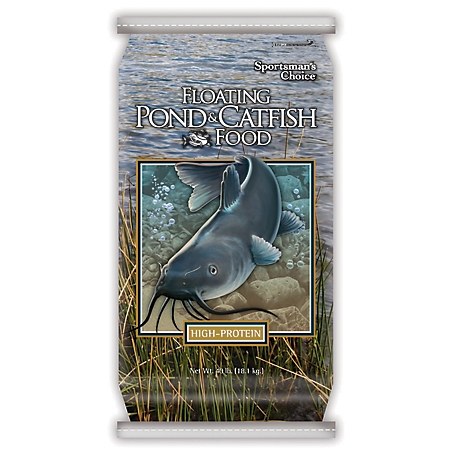
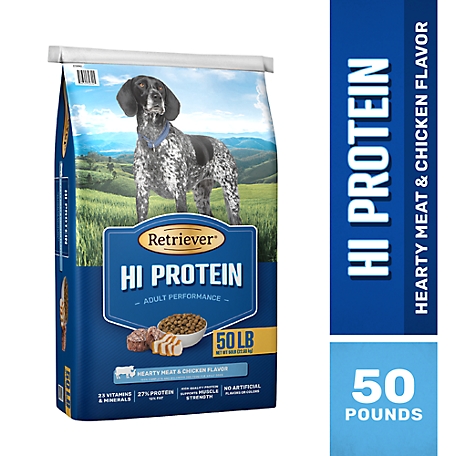

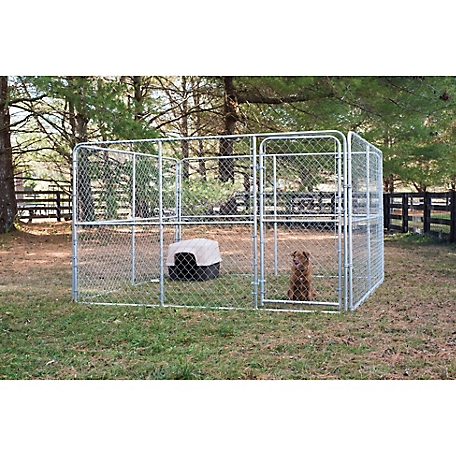
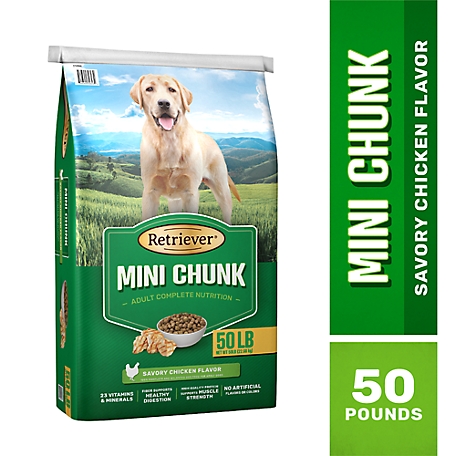
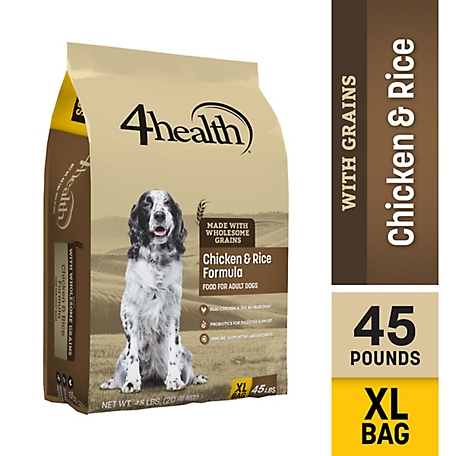
Reviews
There are no reviews yet.